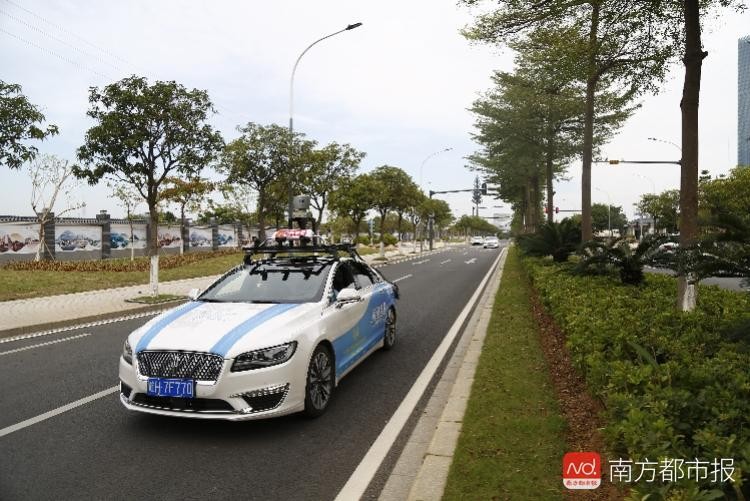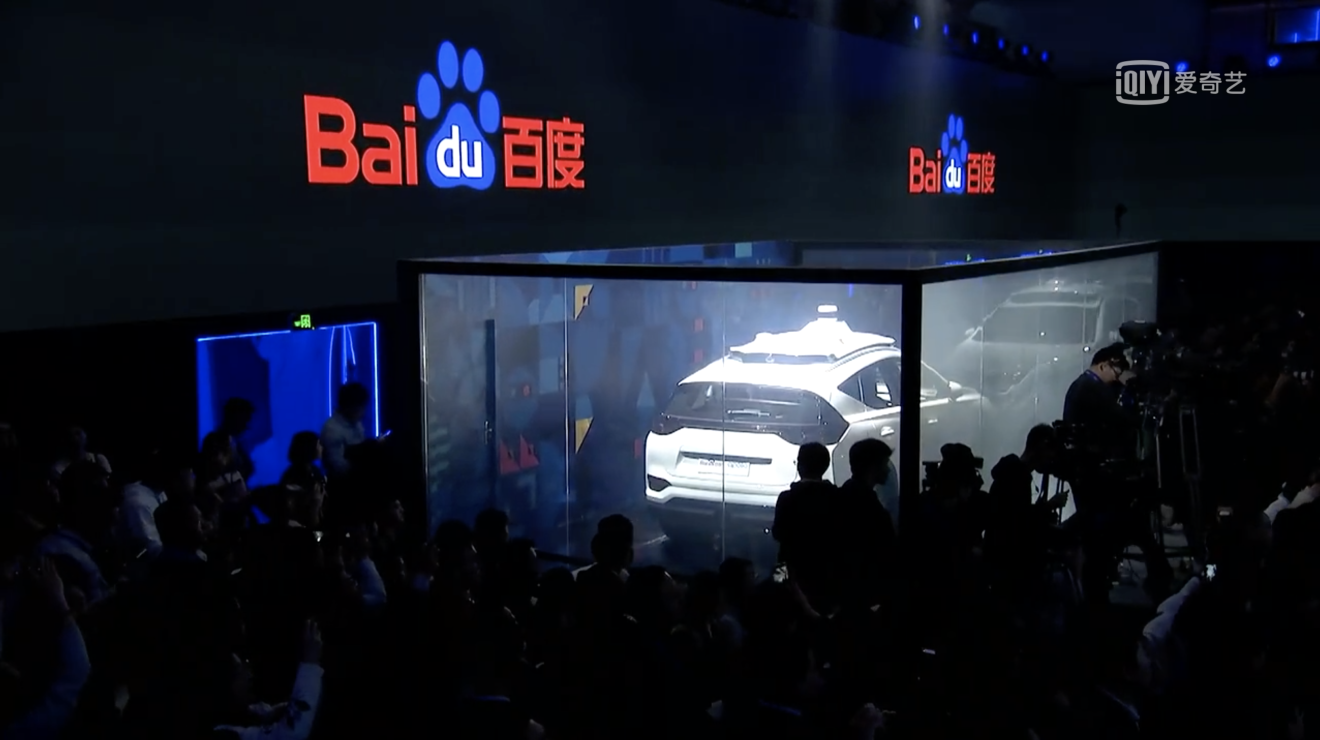
Self-driving taxi service launches in China (but only for two hours a day)
Autonomous car service is limited but shows why China could overtake the US in AI
In China, a self-driving taxi service launched this week -- albeit with plenty of strings attached.

But to be clear, it’s not the most advanced fleet in the world. During the trial run, the cars only operated for two hours a day, and only for a short distance in a college area. And despite claims that the cars are “Level 4” autonomous vehicles -- able to run without a human behind the wheel -- all the cars have drivers sitting in the front seat, just in case.
Still, that a one year-old startup can put self-driving cars on public roads at all speaks to why China may overtake the US in AI one day.
Waymo enters China as nation accelerates self-driving car push
Baidu, one of the major players in China’s self-driving scene, said yesterday at its own conference that it will start producing self-driving passenger cars with FAW Group -- a Chinese state-owned automaker headquartered in the northeastern city of Changchun.
Meet Baidu, China’s homegrown search engine
The two companies claimed that a jointly developed Level 4 model will be China’s first mass-produced driverless car when it arrives in late 2020.

It’s also pairing up with Volvo to make Level 4 cars for mass production, which will come “over the next few years”.
Tencent, China’s social and entertainment giant
Tencent, which is a more recent entrant into autonomous vehicles, is taking a similar approach to Baidu and Waymo by not producing cars itself, instead aiming at providing software to automakers. The social and gaming giant claims it has three specialties: cloud computing, HD mapping, and an original simulation system that the company says is based on its strong game engine, virtual reality and cloud gaming technologies.
People in China want self-driving cars to protect passengers first
For more insights into China tech, sign up for our tech newsletters, subscribe to our Inside China Tech podcast, and download the comprehensive 2019 China Internet Report. Also roam China Tech City, an award-winning interactive digital map at our sister site Abacus.
For more insights into China tech, sign up for our tech newsletters, subscribe to our Inside China Tech podcast, and download the comprehensive 2019 China Internet Report. Also roam China Tech City, an award-winning interactive digital map at our sister site Abacus.

